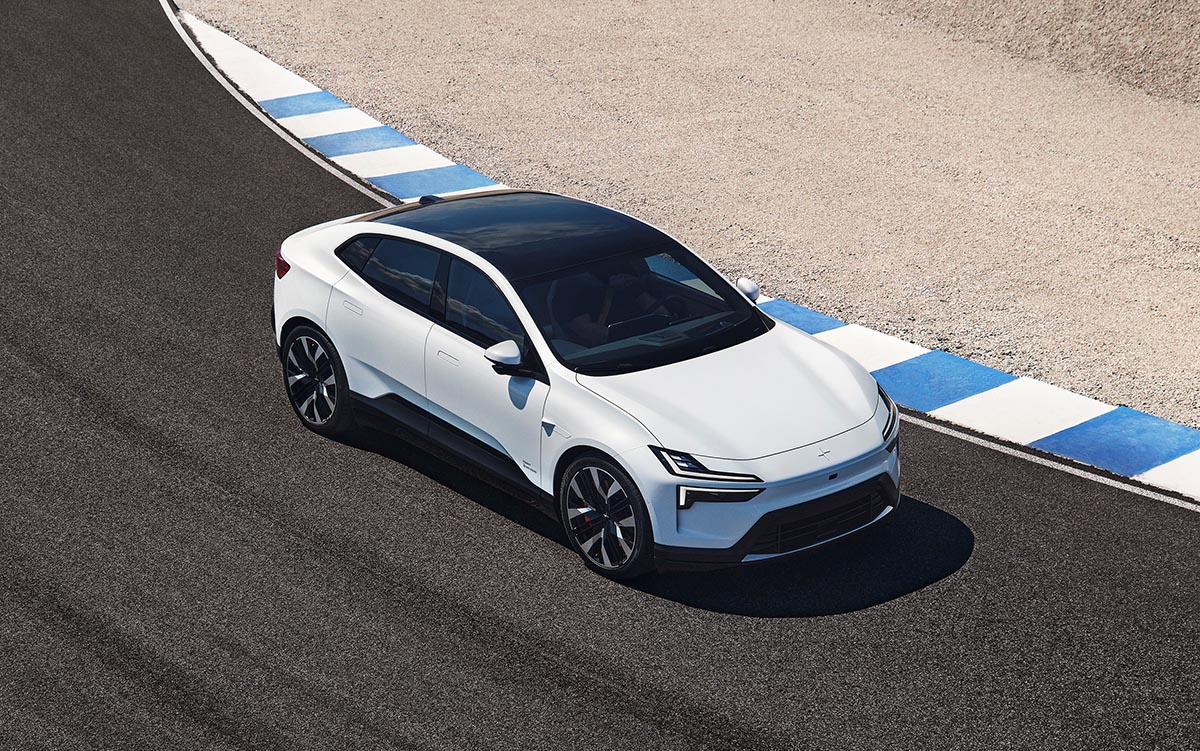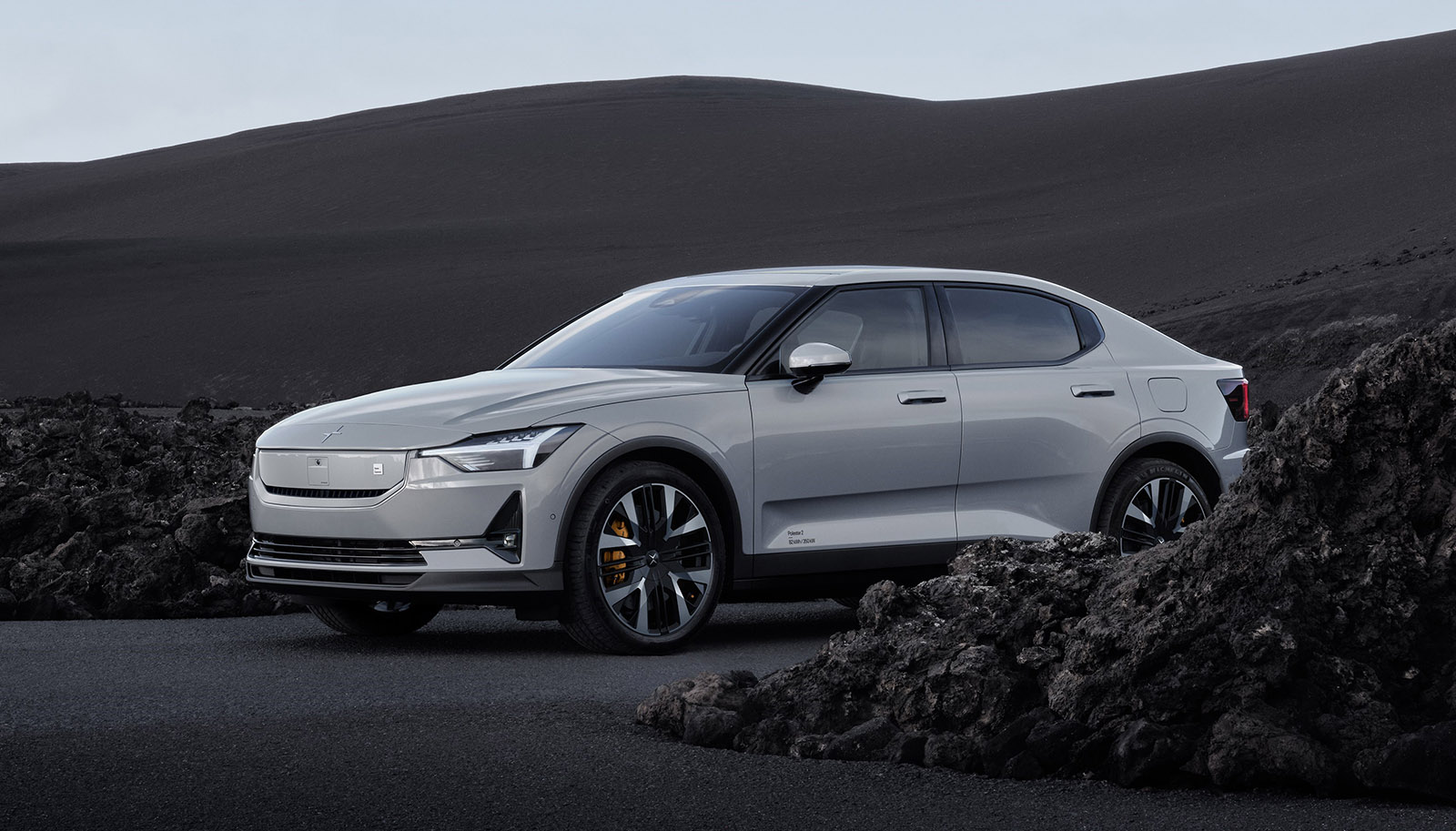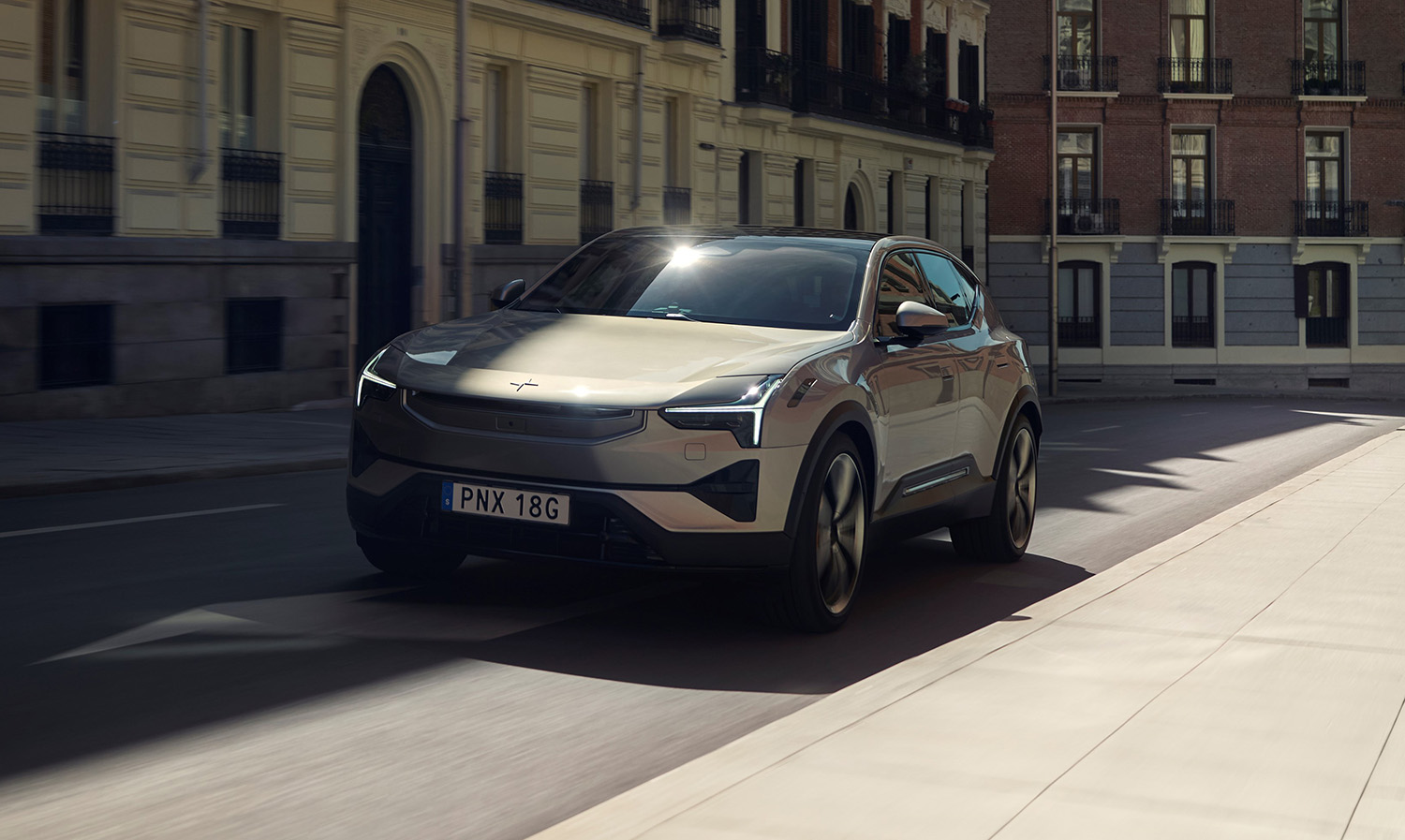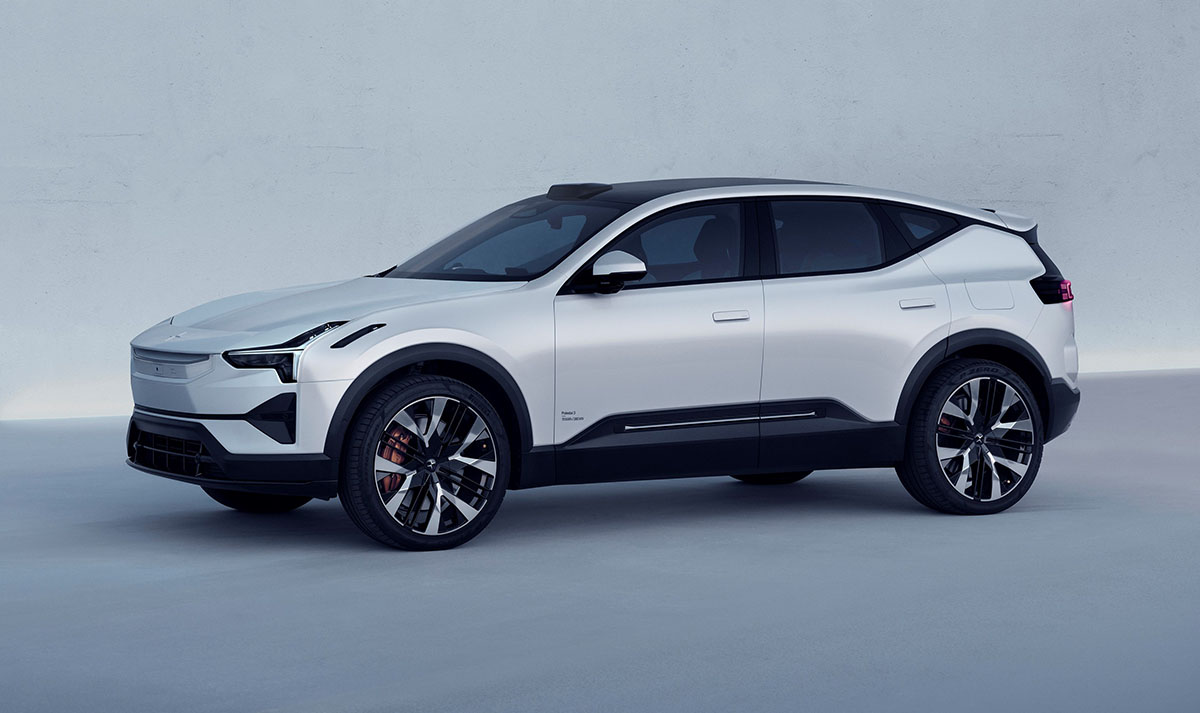Swedish electric-vehicle manufacturer Polestar announced its plans to venture into seven new markets next year, including France, Czech Republic, Slovakia, Hungary, Poland, Thailand, and Brazil. This strategic move comes as the company seeks to broaden its customer base and boost sales.
The decision follows a challenging period for Polestar, with deliveries dropping by 40% in the first quarter of this year. Expanding into untapped markets could not only help Polestar regain momentum but also strengthen its position in negotiations with suppliers.
See also: Polestar Integrates with Nio’s Charging Network in China, Enhancing EV Charging Options
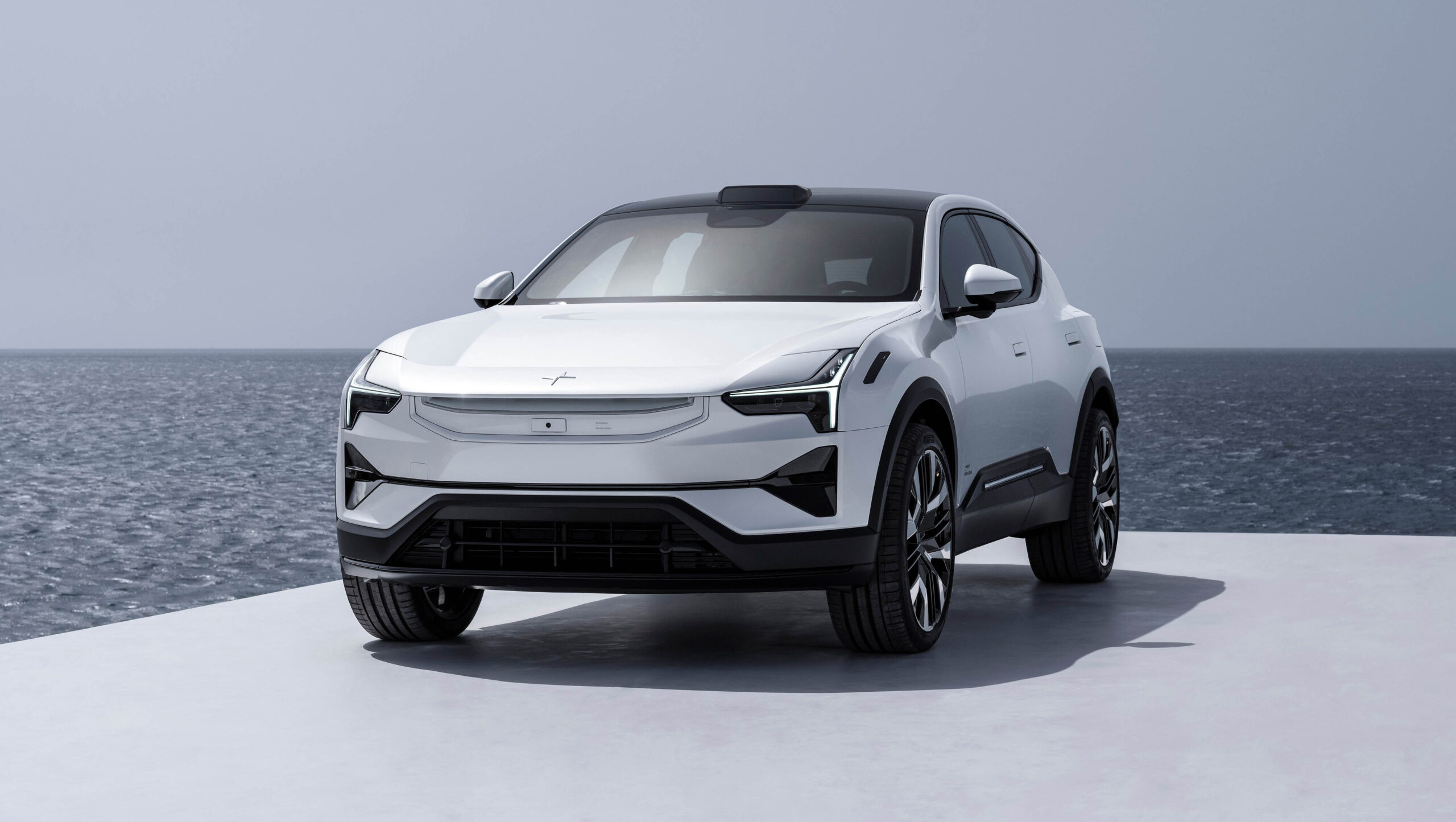
The global electric vehicle market has seen a slowdown in consumer interest, leading to significant financial losses for many industry players. Polestar, which recently postponed its first-quarter financial results for the second time, is expected to announce its earnings by the end of June.
One of the key challenges facing the electric vehicle industry is the slower-than-expected growth in demand. Factors such as high interest rates, concerns about driving range, and the gradual expansion of public fast-charging networks have contributed to this trend.
See also: Polestar Implements Renewable Fuels in Supply Chain for Reduced Emissions
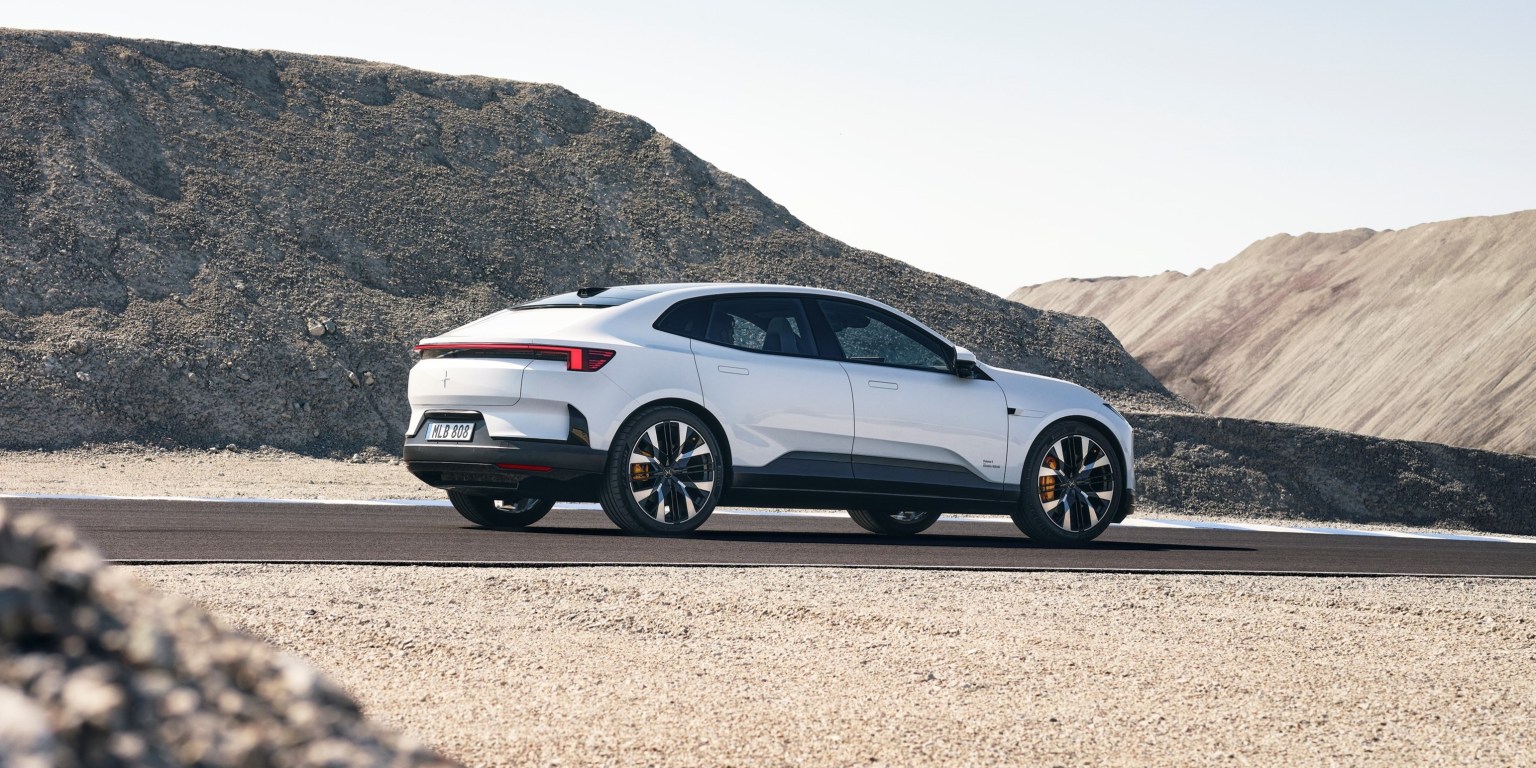
Polestar is optimistic about the future, anticipating a surge in deliveries of its Polestar 3 and Polestar 4 SUVs, which are expected to drive revenue growth later this year. The company aims to deliver between 155,000 and 165,000 cars in 2025, a significant increase from the 54,600 units delivered in 2023.


